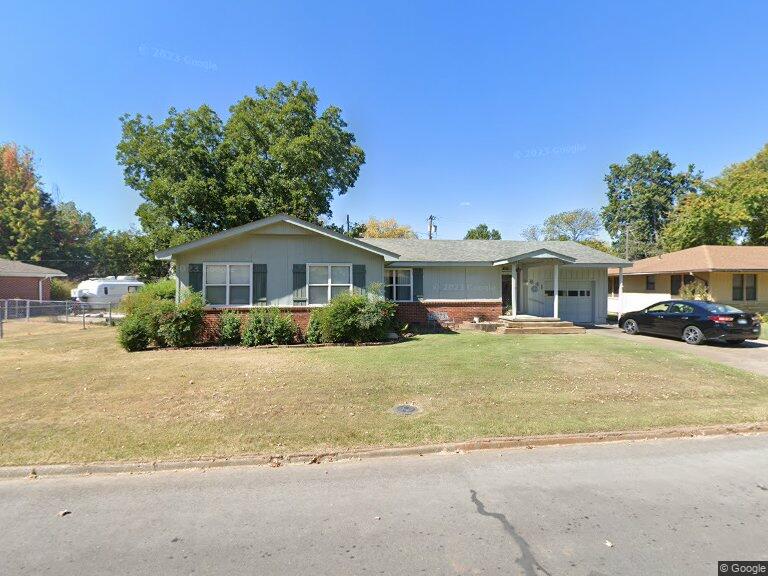
“So what are you thankful for this Thanksgiving?” When we were at the table with certain relatives, they would ask us this, whereupon we all had to go around the table giving answers. I cringed every time it was my turn, but I realized even then that this was a valuable ritual.
My thankfulness has changed over the years. As a child, I was thankful for all of the food and that I could play with all of my cousins. When I got a little older, I could be more philosophical, feeling gratitude for my family, our abundance, my country.
When I grew up, got married, and had kids of my own, Thanksgiving ramped up my gratitude emotions even more. I was so thankful for my wife and every one of our children and that I was able to provide for them. And it was good to take our place with the other families in our extended clan. And to be with my parents, not as a child any more but as another adult.
And then when our children grew up to become other adults with lives and children of their own, Thanksgiving deepened even more. Grandchildren are unutterably fun to be around, and the reasons for thankfulness multiplied, so that I was grateful not only for my blessings but for my children’s blessings and for their children’s blessings.
Now that I have passed my allotted threescore years and ten (Psalm 90:10), I am feeling another level of thankfulness. Things are different. My mother died last summer. We sold the old house where I grew up with my brother and sister and where we would come back for Thanksgiving and the other holidays. That stable reference point with all of its memories is no more. My uncles and aunts have passed away.
The extended family that is left is pretty far flung. We have flung ourselves to St. Louis. We downsized to do that, getting rid of much of our earthly possessions, to move first into an apartment. It was kind of like starting all of over again when we first got married. We have since upgraded to a condo and our possessions are accumulating again. We live close to one of our daughters, son-in-law, and set of grandchildren, who are not nearly as far flung as they were in Australia, something we’re thankful for, though we miss the rest of our progeny, but we get with them as often as we can. I really like living in St. Louis. So I’m thankful for our new home, our new community, our new congregation.
I’m starting to feel the ravages of time and I realize that my appointment with death’s dark messenger approaches, though I have no idea when it will be. But I don’t feel particularly bothered about that. And that I have come to this point makes me feel strangely thankful.
I don’t like to talk about myself, so let me apply this post more generally and hopefully give some encouragement to those of you who are younger.
The Wall Street Journal‘s Danny Lewis has written an article about the Surprising Upsides to Aging. It’s an interview with Laura Carstensen, founding director of Stanford University’s Center on Longevity. She says this:
There’s a lot that isn’t good about growing older, but people seem to do better emotionally. Older people have shorter time horizons. For many years, people thought that must make people miserable and scared. The interesting thing is there’s a paradox. It actually makes people feel calmer not to have to prepare for this long and nebulous future, to be able to live more in the present. . . .
Younger people are almost always thinking about the future. They almost always have one foot out the door, whatever they’re doing. And older people seem to do better just being able to be in the present and enjoy the moment. I think that is because they don’t have to keep planning. As people get older, it’s clearer where they stand in the world and what they’re good at. It becomes easier to say: “Yeah, you know, I’m good at this. I’m not so good at that. And it’s OK.”
And older people tend to look at the positive in life. There’s a lot of evidence that when you show younger and older people different kinds of stimuli, and then later you ask them which ones they remembered, older people remember many more of the positive images than negative images. And younger people do the opposite.
Judging from my own experience, I think this is true.
This Thanksgiving, I find myself looking back over my life as a whole. I’m not thinking about what I’m going to do when I grow up, or worrying if I am going to get a job after college, or planning the future, or pursuing ambitions, or worrying about what is going to happen. I’m past that.
Now I can look back and see how things really did work out, that the seemingly random occurrences and coincidences and lucky breaks actually came together into a providential design. I see that all things really do work together for good to those who love God and are called according to His purpose, just like Romans 8:28 says.
You don’t really realize that in the moment, and when you look ahead all you see are the countless possibilities and you worry about all the things that might happen. But looking back from a perspective closer to the end of your life, you see that your life had meaning after all.
Take that as reassurance, those of you with more of your life still ahead of you.
I know there are rough times and sorrows ahead. My mother was stricken with loneliness when my father died, she developed Alzheimer’s, and her very last years were sad ones. I hope my wife and I will be spared that kind of suffering, though we’ll probably experience at least some of it. But we’ll still have had a lot to be thankful for.
Photo: Where I grew up via Zillow












